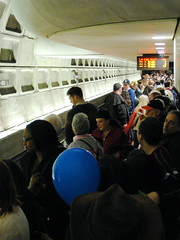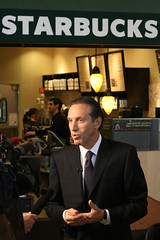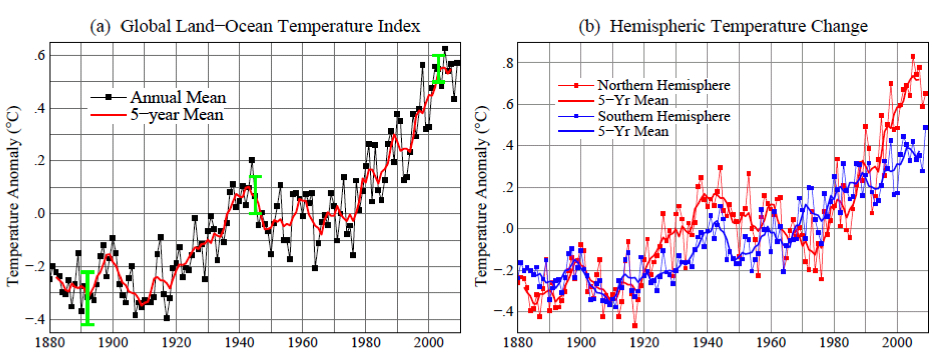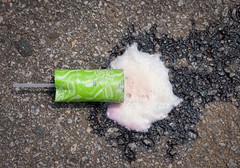 This just in from Alexandria:
This just in from Alexandria:The City of Alexandria and GenOn Energy have reached an agreement to permanently close the company’s Potomac River Generating Station, which began operating in 1949. To facilitate the retirement of the plant, the City of Alexandria will release approximately $32 million currently held in escrow, which was set aside to pay for the additional environmental controls at the station as a result of a 2008 agreement between the City and GenOn.The news comes in the wake of a report that the polluting plant isn't necessary to meet the area's energy needs.
“Today announcement is a path forward for both Alexandria and the power company that works for everybody, and truly reflects the interest of both parties,” said Alexandria’s Mayor William D. Euille. “Both the Alexandria City Council and community have worked extremely hard toward this goal, and we are very proud of the final result. This news strengthens Alexandria’s future and opens the door to an enhanced quality of life for our residents.”
Under the terms of the agreement, GenOn has agreed to retire the generating station by October 1, 2012, or, if the plant is needed beyond that date for reliability purposes, as soon as it is no longer needed.
Considering how long Alexandria public health and environmental advocates have been fighting to close this dirty coal-fired power plant, this is a historic victory. Congratulations to Rep. Jim Moran, Mayor Euille, the Alexandria City Council, and all the activists who've stuck with this fight!
UPDATE: From Rep. Moran's statement reacting to the closing: "Today's action maintains our commitment to a better, cleaner environment for our region's next generation. The extinction of this dinosaur of a facility is heartily welcomed."
UPDATE #2: Just found the numbers from a 2010 study by Abt Associates estimating the annual toll of the Potomac River Generating Station's pollution:
Deaths: 37
Heart attacks: 60
Asthma attacks: 610
Hospital admissions: 28
Chronic bronchitis: 23
Asthma ER visits: 30















 The Obama administration has announced
The Obama administration has announced 









